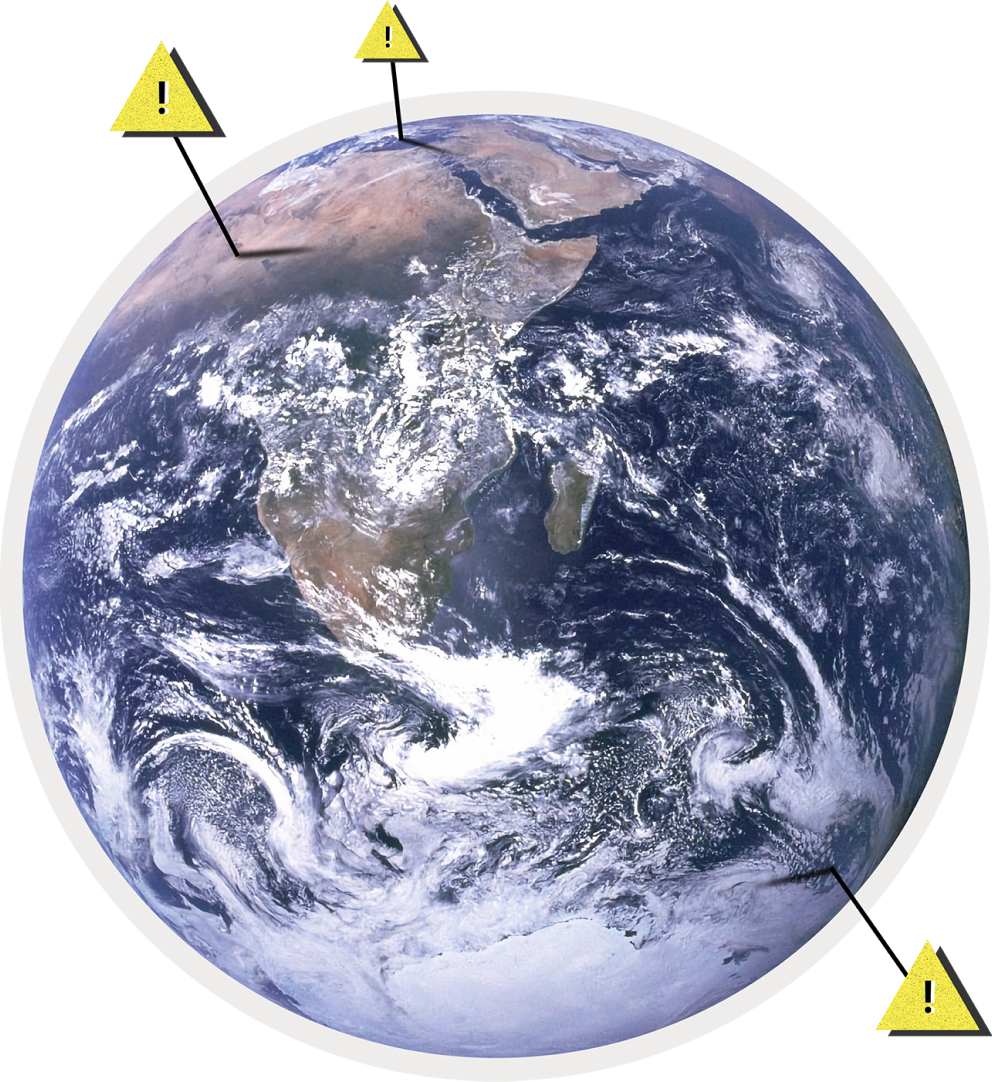The impact of corruption on the climate is profound
We’ve investigated 80 cases around the globe and continue to gather information to paint a picture of what’s happening.

Climate Corruption Issue
Best Practice Cases
Find out what Transparency International is doing to mitigate the effects of climate corruption
How Corruption Impacts our Climate
Help us Uncover Corruption Cases
We are collecting corruption cases linked to climate governance. Can you help us?

Stay informed
Subscribe to our weekly newsletter to get the latest news and updates from Transparency International
- Pakistan
Regulatory Body in Pakistan cancels Provincial Government’s Procurement Contract over Misconduct in Climate-related Projects
Corruption Type
Procurement
- Taiwan
Taiwan successfully prosecutes a Couple for Fraud in a Carbon Credit Trading Scheme
Corruption Type
Fraud
- United Kingdom
UK jails two Individuals for fraudulent Carbon Sales Scheme
Corruption Type
Fraud, Money Laundering





















